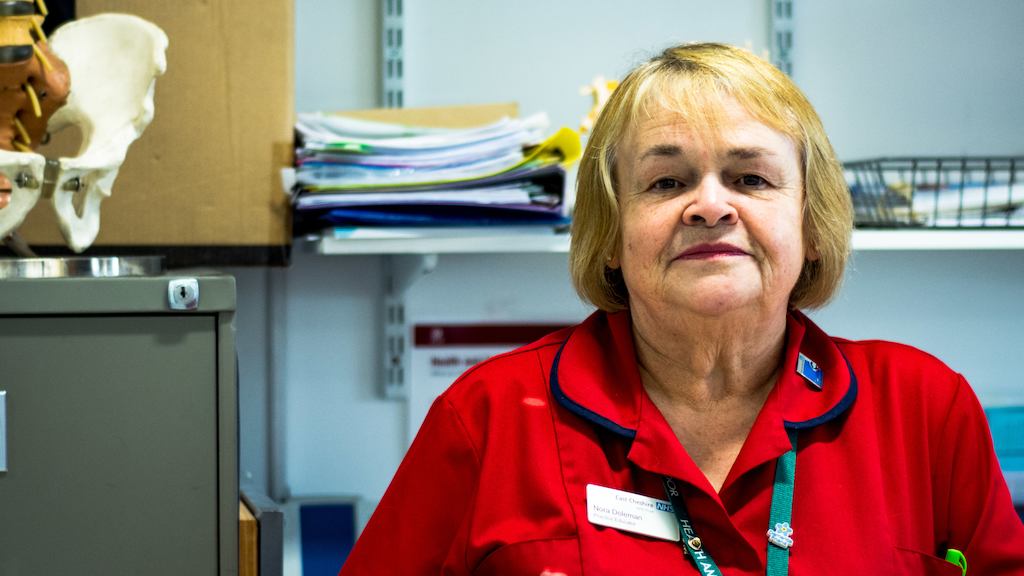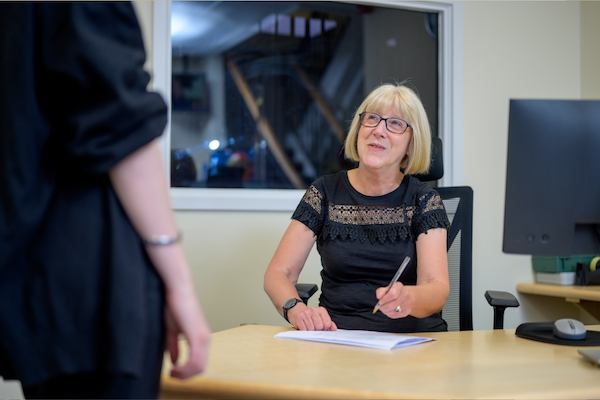Although many people are working for longer and there has been an increase in self-employment, at some point, most people do stop paid work. In fact, almost half of people are heading for a ‘cliff-edge retirement’. However, the concept of retirement is changing: some people are experiencing phased retirement; others retire and then re-enter the workforce at a later date; and still others work flexibly in different ways in later life. Although people’s experiences of retirement are wide ranging, previous research has shown that a significant number of people find this transition difficult. In spite of this, most people do nothing in preparation for this major life change.
Through the review, Ageing Better hope to identify why some people find the retirement transition difficult, and to gain a better understanding of how widespread these challenges are. This work will uncover gaps in the evidence on the experience of retiring which will help us to shape further research, where needed, to fill those gaps.
In order to improve the experience of retirement for individuals who find it difficult, a better understanding of what resources help prepare people for retirement and support an easier adjustment is needed. Insights from the review will be used to guide practical action to improve the experience of retiring for those who find it difficult.
Aideen Young, Evidence Officer, Centre for Ageing Better said:
“While retirement is widely considered to be a time of relaxation and leisure, this is far from reality for many individuals. This transition can be difficult and stressful. It can result in the loss of structure and social contacts provided by work with an attendant loss of identity, purpose and social support.
“Only by understanding the scale of the issue, and for whom it is a challenge, can we start to devise solutions to tackle it. This review will look at evidence across the whole of the retirement process, extending from the anticipation of retirement – for those who have time to anticipate the event – through to the end of the adjustment to retirement."
Martin Hyde, Associate Professor of Gerontology, Swansea University said:
“As the nature of work and retirement in later life continues to change, it has become vitally important to understand how people anticipate and adjust to the retirement transition. This project with the Centre for Ageing Better represents a crucial step forward in our understanding of these processes. By synthesising the existing knowledge in this area and using data from state-of-the-art studies we hope to identify the facilitators, obstacles and impact of successful adjustment to retirement.”
About the researchers
The team carrying out the review consists of researchers from the Work, Ageing and Retirement Group at Swansea University, led by Dr Martin Hyde; Professor Kène Henkens and Dr Marleen Damman from the Netherlands Interdisciplinary Demographic Institute; and Dr Loretta Platts, Senior Researcher at Stress Research Institute in Sweden.

